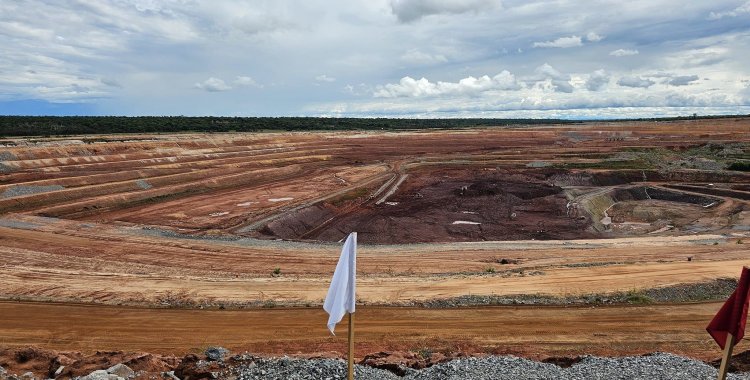This is one of the main recommendations made by the independent entity in the First National Report on the Extractive Industry to be submitted, Saturday, to the Extractive Industry Transparency Initiative (EITI), of which Angola has been a member since 2022.
According to Manuel Mota, from EY, this legal limitation currently exists in Angola, which makes it impossible to present detailed information per taxpayer in this report for the 2021 tax year.
Manuel Mota said that the aim of an initiative like this, among many other aspects, is to bring transparency in the payments that are made between the extractive industry, entity by entity, and the Government.
"The information that was presented was done in an aggregated form and what is expected is that there will be an evolution", said Manuel Mota, reinforcing the need to overcome this limitation with a view to a reconciliation "that allows total transparency in what is desired, total transparency in payments, and reconciling what the industry says it pays and what the Government says it receives".
In turn, the executive director of the EITI National Coordination Commission, José Malanga, stressed that the legal framework in force in Angola makes it impossible to disseminate data in a disaggregated manner, and as a result the Ministry of Finance created a technical group to provide a solution to this situation.
"With the international EITI we reached an agreement that the second report will be made with unilateral data from the industry, as well as in the next ones, who knows, the country will provide a solution regarding how to publish the data in a disaggregated way", he highlighted.
José Malanga highlighted that the second report will begin to be prepared on January 1, 2024, but with the 2019 EITI standard, using the same requirements with which the first report was produced.
This report, according to Manuel Mota, did not contain any information related to human rights in the extractive industry, situations that are sometimes denounced by communities and civil society, because its focus has more to do with transparency from a financial point of view with the government.
In his intervention, the Secretary of State for Mineral Resources, Jânio Correa Victor, considered the presentation of this first report "a historic milestone" for Angola and its extractive industry.
"By complying with the requirements of this initiative we are demonstrating our commitment to the best international practices in the management of these resources", said the official, adding that the next reports will be delivered on September 16, 2024, on December 16, 2025 and on December 16, 2026.
Jânio Correa Victor said that the extractive industry has always been the target of some criticism related to the amounts of money involved in its movements.
"There were and always have been, at national and international level, some suspicions since it is an industry that moves a considerable amount of money, it was said that there was no access to accounts or that transactions were not transparent", he said.







